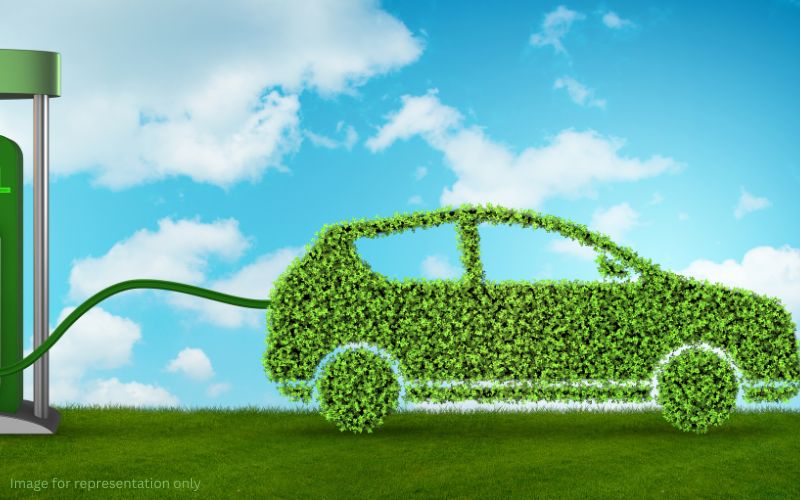“India has set a goal for energy independence as part of Prime Minister Modi’s Atmanirbhar Bharat (self-reliant India) vision and is on a pathway to transition to a clean energy future that is domestically produced from new and renewable energy sources.” Amitabh Kant, G20 Sherpa, Government of India
“To accelerate the speed and scale of India’s mobility revolution, focus and investment will be needed across infrastructure, policy support, skilling and R&D. RMI’s work has been impactful and in the right direction, as reflected in the report.” Sumant Sinha, Chair of the RMI Board and Chairman and CEO, ReNew
“Electrification of mobility can reduce air pollution, improve public health, enhance transport access and strengthen India’s economy while driving decarbonization. Through these actions, India can chart a path to substantial EV adoption in the next decade and beyond.” Jon Creyts, CEO, RMI
According to a new report released by global non-profit RMI (founded as Rocky Mountain Institute), India can achieve energy independence in the mobility sector by 2047. The report, titled India at 2047: A Vision for Energy Independence in the Mobility Sector, emphasizes that India must achieve 100% clean fuel vehicle sales (primarily electric) across road transport segments by 2043. The analysis highlights the significant impact of this transition, including a 91% reduction in crude oil consumption in the road transport sector, amounting to a cumulative savings of ₹160 lakh crore (US$ 1,923 billion). It also estimates a nearly 14-gigatonne reduction in cumulative carbon emissions, an 87% decrease compared to the progress-as-usual scenario in 2047.
Speaking at the report’s launch event, Amitabh Kant, G20 Sherpa, Government of India, stated: “India has set a goal for energy independence as part of Prime Minister Modi’s Atmanirbhar Bharat (self-reliant India) vision and is on a pathway to transition to a clean energy future that is domestically produced from new and renewable energy sources. India’s mobility sector, accounting for 18% of the country’s energy demand, is making strong progress with 12.3 lakh EVs registered and a 7.6% sales penetration. India is fast becoming a global hub for 2- and 3-wheeler manufacturing, with momentum building rapidly.”
The report provides key recommendations and actions to transition the country to an electric, shared and energy-independent mobility system, including cohesive supply- and demand-side policies, innovative financing mechanisms and a circular economy for EV batteries.
Emphasizing the vision of a ‘Viksit Bharat 2047’, Sumant Sinha, Chair of the RMI Board and Chairman and CEO, ReNew, said: “With India’s per capita primary energy consumption slated to double by 2047, the country is making remarkable strides in the energy transition through the adoption of clean technologies. To accelerate the speed and scale of India’s mobility revolution, focus and investment will be needed across infrastructure, policy support, skilling and R&D. RMI’s work has been impactful and in the right direction, as reflected in the report released today.”
Highlighting India’s opportunity to emerge as a global leader in the energy transition, Jon Creyts, CEO, RMI, said: “This ambitious energy independence vision, set by the Government of India, represents an opportunity to facilitate the country meeting its net-zero goals announced at the 2021 United Nations Climate Change Conference (COP26) by adding a significant amount of domestically produced clean energy to the grid. Electrification of mobility can reduce air pollution, improve public health, enhance transport access and strengthen India’s economy while driving decarbonisation. Through these actions, India can chart a path to substantial EV adoption in the next decade and beyond.”
Read the report here: rmi.org/insight/india-at-2047

